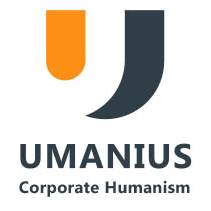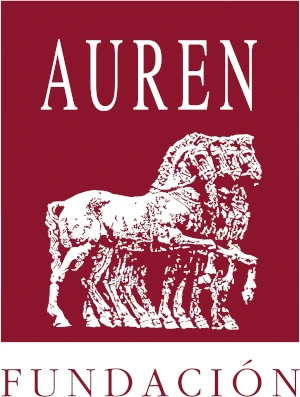
Umanius - Corporate Humanism
Umanius is the publication launched by Auren Foundation which, in line with its founding purpose, briefly addresses matters related to corporate humanism. Its objective is to present and promote implementation strategies, and to encourage and circulate the values advocated by civic humanism within both public and private enterprises and organisations.
Umanius Publications ·
07/01/2026
Umanius – 3. The humanistic enterprise
Society is increasingly calling for civic-minded behaviour. Today’s reality reveals a growing social activism demanding higher standards of aptitude and conduct from enterprises, which are now scrutinised by traditional media and digital platforms alike. This scrutiny means every detail of their operations, philosophy, policies, strategies, use of resources, structures and leadership style becomes more transparent.
19/11/2025
Umanius – 2. Humanism and economics
In the pursuit of a humanistic framework for co-existence (one that seeks to promote society’s well-being1), economics plays a central role. As a social science, economics is concerned with the study of the economic activities of humans, their institutions and behavioural patterns. It examines how societies manage scarce resources, studies the choices made by individuals, businesses and governments for addressing scarcity and analyses the relationships formed in the production of goods and services aimed at meeting human needs.
01/12/2025
Umanius – 1. Civilization and Humanism
Civilization and human society are deeply linked to each other and to the idea of progress. In this inclusive vision, aligned with the values common to a universal civilization that defends responsible progress, humanism emphasizes the individual and collective value of human beings, and prefers critical thinking over the acceptance of dogmas. Thus, in general, humanism refers to a behavior or attitude that exalts the human race from a perspective that affirms freedom and responsible progress.



